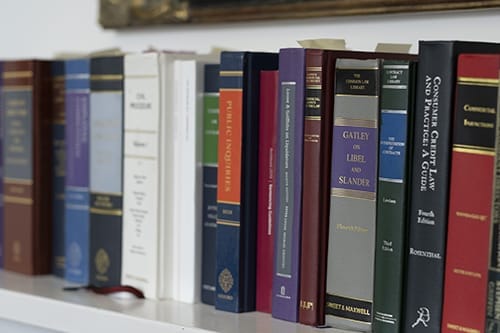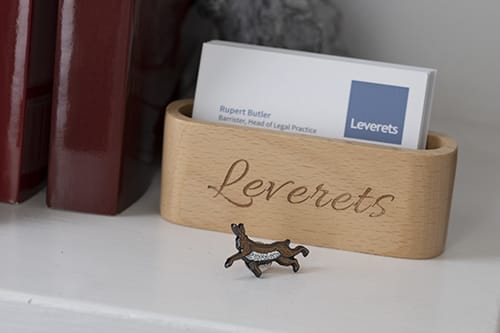Exploring the unambiguous impropriety exception
Discovery is the legal process by which the parties to litigation reveal their documentary evidence to each other. Any evidence that is revealed, must be credible and add value to the case for it to be considered admissible.
Legal privilege protects certain communications and documents from being disclosed in legal proceedings, preserving confidentiality in specific relationships. When a document or communication does not fall under these protected categories, it is considered to be “without privilege”.
The ‘without prejudice’ privilege is a rule of admissibility that exists to encourage litigants to settle their differences by speaking freely during settlement negotiations, without the risk that anything they say will be used against them.
What is ‘Discovery’?
Discovery is the legal process by which the parties to litigation reveal their documentary evidence to each other. Such documentation must be credible and add value to the case to be considered admissible.
Legal privilege protects certain communications and documents from being disclosed in legal proceedings, preserving confidentiality in specific relationships. When a document or communication does not fall under these categories, it is considered “without privilege”.
The ‘without prejudice’ privilege is a rule of admissibility that exists to encourage litigants to settle their differences by speaking freely during settlement negotiations, without risk that anything they say will be used against them.
And unambiguous impropriety?
As you would expect, there are various exceptions to this ‘without privilege’ rule too, one of which is termed unambiguous impropriety.
This exception allows any of the parties involved to introduce evidence of what their opponent said during the settlement negotiations if it would otherwise conceal an unambiguous impropriety such as perjury, blackmail, threatening criminal proceedings to settle civil disputes, conscious fraud, and dishonesty.
However, the unambiguous impropriety exception is a narrow one, and one which will only apply in truly exceptional cases. It’s important to always remember the limits of the rule, and that it only applies to communications that are part of a settlement attempt.
Leverets’ Top Tips
We advise that it is therefore always best to exercise caution, remembering that statements could end up before a court.
Here are our 4 top tips for collecting evidence that will stand up in court:
- Ensure that the evidence is directly related to the case and that no laws have been violated in its collection
- Keep detailed records showing how you have obtained every piece of evidence, and where physical evidence is concerned make sure you maintain a complete chain of custody
- Use a range of discovery tools including requests for information, depositions, expert evidence, witness statements and so on, we can advise on the options you have
- Seeking legal advice early, to guide you through the evidence collection and discovery process, can help you clarify whether specific communications are privileged or not







